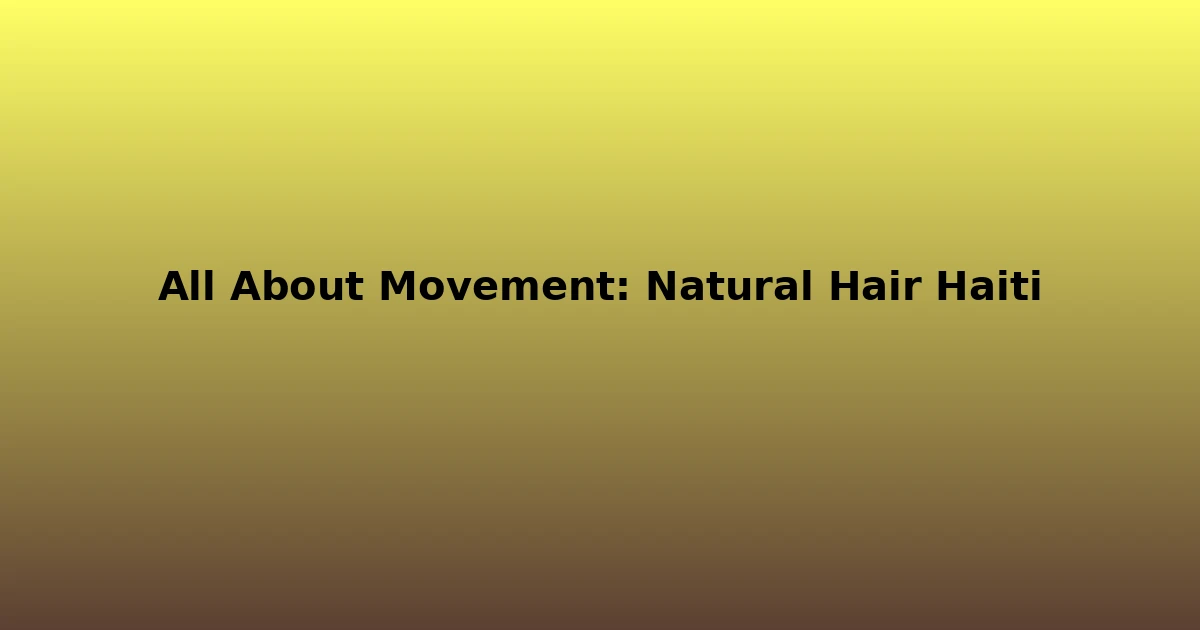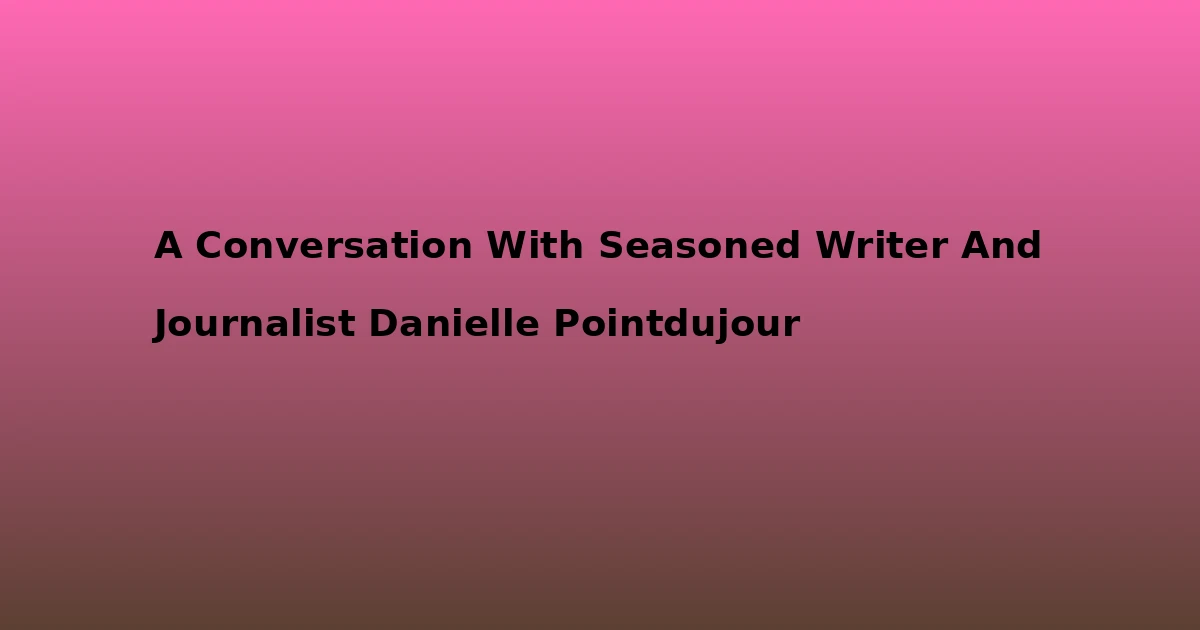It’s not unusual for some to earn nicknames during the college years, and nicknames that stick at that. For Jesler Mezidor, a student at Bethune Cookman University, his moniker was Deep ‘N Thought. Mezidor met regularly on Wednesdays with a group of fellow students on campus to go over poetry.
He would share poetry pieces with such passion, that his listeners would inevitably say in a chorus after his reading, “That’s deep.” The name stuck. This pushed Mezidor to add Deep ‘N and and adopt Deep ‘N Thought once he graduated. He moved back to South Florida. “Back then, [a eatery] Nuvo Kafe was at the center of many cultural activities for the Haitian community of South Florida.
Poetry prevailed, and so did I with a peculiar, sensual, erotic, and electrified Creole poetry style. But I came to realize a few years later that comedy was my calling, not poetry.”
Behind the scenes, Mezidor is also an educator, and says he’s been at it for a dozen years. He has a Master’s degree in Educational Leadership, and teaches students with autism and is highly involved in teaching Exceptional Students Education (ESE) students. Having been center stage in classrooms is probably one of the reasons why Mezidor isn’t shy when it comes to the stage. He’s called on to MC everything from album release parties to musical events.
Wherever Mezidor performs, his easy-going personality shines through from the stage, as he jokes and interacts with his audience.
Q & A
When did you first realize that you had talent?
It is not something one realizes on your own. Other people usually see it in you before you do. I grew up in church.
I was always at the front line of all cultural activities organized by the church, and they did not come without challenges. The Haitian churches are all about prayers and nothing else. Taking any cultural initiative in the Haitian churches meant knocking head against a concrete wall.
The wave of discouragement and lack of understanding did not suffocate the talent in me. But to be more precise, I started participating in stage plays in Haiti since I was ten years old. I had a dynamic presence on stage.
As a young talented man, I was hand-picked by many people who were versed in the artistic arena. I believed it, I lived it, and everything else followed their natural course.
Who was the best joke teller you knew growing up?
I’m not so sure how to answer this question. The concept of joke teller or “blaguers” [joker] in the Haitian community carries a connotation that is quite different from a Comedian. There’s an infinite number of “Blageurs”, but only a few comedians.
The Blageurs are not necessarily creative people. They get their jokes from other people and recite them verbatim. This is not art, if you ask me.
Now there’s even a site saturated with jokes about an imaginary character named Toto. Everyone is giving these “Toto Jokes”, not to say that they’re not funny. But an artist is one who creates.
Growing up, I admired the keen storytelling talent of Maurice Sixto. He was a creator, I call him the master of details.
So you were part of a group called CALCHES. What was that all about?
CALCHES was an artistic and cultural club that the Mezidor Brothers and our childhood friend, Yvon Oreste spearheaded in the early 1980s. We met every Saturday afternoon to sharpen our French skills through various literary genres.
I quickly developed a taste for literature, stage plays etc. CALCHES was an extension of what school failed to do. Remarkable and keen intellectuals in the neighborhood who contaminated our ready to learn minds with the incurable venom of intellectuality and creativity surrounded us.
CALCHES was a platform for me and many other young talents to shine. We did just that. We were always ahead of our class, our promotion because of CALCHES. I’m forever thankful.
You perform a lot at a variety of functions. Do you ever get stage fright?
All performers have fear. It precedes us before we get on stage.
It’s a natural thing to experience as an artist. When I don’t experience fear before a performance, I become afraid. I feel as though I’m not gonna do well.
Some have likened you to a latter-generation version of Maurice Sixto, the legendary storyteller.
The man was a genius. He’s in a class by himself. I spent my entire childhood and adolescent years listening to him, and interpreting his texts.
It’s only natural that I emulate him in my style of delivery as much as I do. In my first two CDs, I just couldn’t break free from him. I think I finally did in my last two CDs, especially in Les Presidents Divaguent.
I’m the first Haitian artist in modern times who dares do impression of four Haitian presidents who are still alive. It’s no wonder; the CD is selling like hot patties.
You have released four discs. What did you learn from recording them?
I have already released four CDs: Le Futur Du Passe, Wounouwounou, Peau Pour Rire, and Les President Divaguent. First of all, I learned the more an artist is producing, the more the public will ask of you.
Secondly, our work travels beyond our imagination. We touch and affect a lot more people than we think we do. That’s why I adopt a very persnickety approach with my work.
I subject my work to my own personal wrath before publishing it. Last but not least, I also learn that I’m not the only talent to be praised on my CD. My graphic designer, my makeup artist, sound engineer, musicians, and photographers all deserve to be recognized. They’re the people who make me look and sound good.
In the past, you’ve indicated that a man by the name of Christian Victoria is your mentor. What are some of the biggest lessons he taught you—some of the most beneficial things he passed on to you?
Christian Victoria was the educated mind around me during my teenage years just when I began craving for knowledge. I mean the man knew his [stuff].
He was also a fine poet, a well-rounded intellectual who left no stone unturned. He was also a prominent figure for the only Haitian communist Party “PUSH”. God forbid, someone should disagree with him and take the careless initiative of arguing with him.
He would precisely tap into his vast repertoire of knowledge to argue his point. The man was simply bad. He used to buy poetry cassette of some of the greatest French poets and make me listen to them.
He instilled the love of poetry in me. He always had a book he wanted to read, and newspaper article he wanted me to check out. He was and still is a harsh critic of my work. I look up to him.
Do you feel that poetry is a dying art?
No, poetry is not by far a dying art. Art is divine, it cannot die. But my community sense of appreciation, and consciousness are dead and so is its responsibility toward its culture and artists.
It’s not an accident that our youth in Haiti is involved in kidnapping and all other sorts of devious activities. We are the only country in the entire Caribbean without a theater, and nobody seems to care. We don’t produce any thing as a country.
Our artistic abilities and productions have always been our strength, but now, we no longer show any interests in them. Yes, we’re intellectually dying as a nation, but poetry is still alive.
At one point you were involved with a group called The Maroons.
We were a group of four talented Haitian American brothers with an eclectic style of writing, bringing Haiti’s culture to the predominantly American culture from a bird’s eye perspective. Boy, was our message and presence meaningful! We traveled, we performed in many places, we also learned from each other.
We all met at Nuvo Kafe in Miami. Thursday night at Nuvo Kafe was a sacred cultural rendezvous. Most spoken word Artists met there to showcase their talents, mingle, socialize and…Oh well, you know what I mean.
I don’t know how we decided to come together, but we did. Quite frankly, Nuvo Kafe and Le P’tit Resto were the mecca of the Haitian Culture in South Florida back then. At any rate, we, the Maroons had our disagreement.
I, for one, objected to all the free gigs the group was doing. We invested ample amount of time in writing our texts, memorizing them, going to rehearsal, and not getting paid. That was a no-no to me, but some of our members did not necessarily see the situation through the same lenses.
We went our separate ways in April of 2006. I’ve been performing solo since then. I subtly transitioned from poetry to comedy.
I found a new me through comedy. It is a sexual experience, a mental orgasm.
For some who may want to take the same career path as you—do you have some pearls of wisdom for them?
Take risks. Make no apology for taking them. Create and never stop creating ’cause when an artist stops creating, you die.
Do you think that life in general a big comedy or a tragedy? Or perhaps a combination of both?
Life is a currency. We all spend it until we run out of it.
Comedy is lubricant that keeps life’s engine moisturized. When we stop laughing, we also stop living. As you can see, my job is priceless.
Last Updated on December 2, 2025 by kreyolicious



